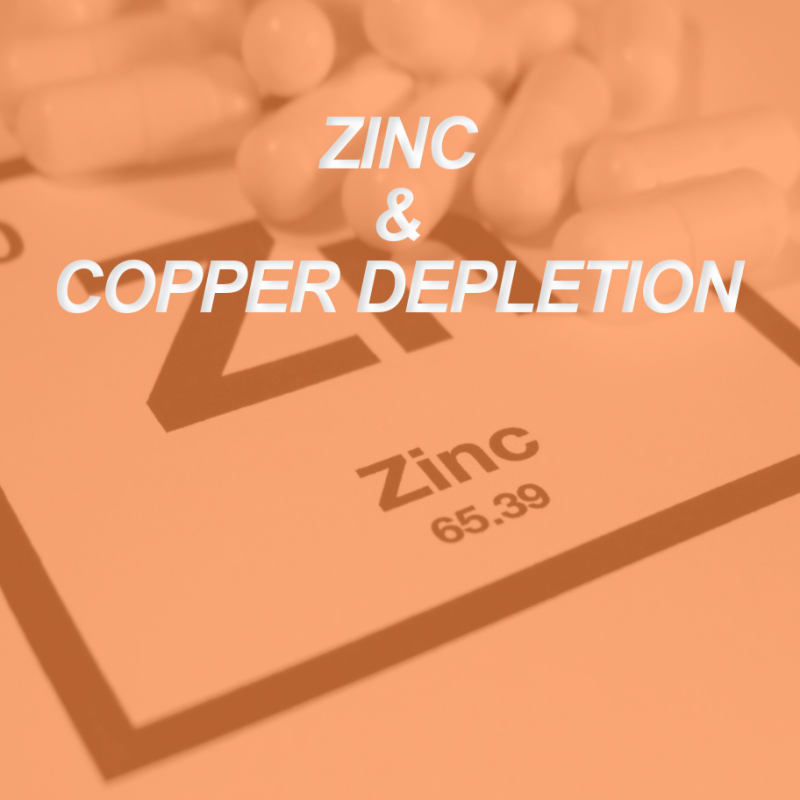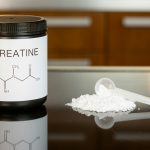
It’s probably no surprise that after the last few years with COVID and other illnesses on the rise, you and a number of your friends and family may have a stockpile of zinc, elderberry, and vitamin C living in a cabinet somewhere at home. We may also have come across countless headlines on the benefits of taking zinc for a stronger immune system and even being prescribed “Z packs” from your doctor for sinus infections and beyond. Is zinc as a mineral really as powerful as we’re led to believe and is there anything else we should take into consideration? Of course!
Zinc For Immune System Health
By nature, zinc is a trace mineral of which the body only requires small amounts. However, according to scientists, it is a core player for almost 100 different enzymes in the body to carry out vital cell functions and chemical reactions in the human body.
“It is a major player in the creation of DNA, growth of cells, building proteins, healing damaged tissue, and supporting a healthy immune system,” says T.H. Chan at Harvard for The School of Public Health.1
Over Supplementing?
When taking vitamins and supplements, it can be easy to get a little carried away and also a little overwhelmed. How do we know that the things we are taking aren’t canceling out other things? What’s the proper combination? Is there a risk in combining certain vitamins and supplements?
While the majority of the population could stand to do very well on a single daily multivitamin, independent companies are hooking people on the need for more and it’s easier than ever to have supplements and vitamins delivered straight to your door.
First and foremost, addressing your clients’ overall nutrition needs (within scope of practice if you are not a certified nutritionist) by letting them know that most of their nutrients can and should come from whole foods. Some great whole food sources of zinc include:
- Red meat and poultry
- Beans
- Nuts
- Crab, lobster, and oysters (Fun fact! Oysters contain more zinc per serving than any other food – 673% of daily value)
- Whole grains
- Fortified breakfast cereals
- Dairy products
Secondly, if a client is concerned about a deficiency, they should schedule some labs to have their blood work done to get a more accurate look at what’s really going on under the surface before they go supplementing in the dark. That said, many people will continue to take zinc for its immune-boosting properties.
Adverse Effects of Zinc Overload
As a health professional in the space, you should also be aware of the contraindications of taking zinc and its impact on copper depletion in the body.
“Adverse effects of high zinc intake include nausea, vomiting, loss of appetite, abdominal cramps, diarrhea, and headaches. Intakes of 150–450 mg of zinc per day have been associated with such chronic effects as low copper status, altered iron function, and reduced immune function. Zinc can also interact with certain medications such as antibiotics, diuretics, and penicillamine (a drug used to treat rheumatoid arthritis),” according to an article written for the Mather Hospital.2
This essentially means that the main reason for taking zinc–as an immunity booster–could be rendered not only ineffective but potentially harmful if taken in excess as it depletes other essential nutrients in the body. As humans, we tend to have that all-or-nothing approach to many things.
*I would be remiss if I didn’t mention that in forgetting to take your vitamins for a few days in a row, we then put ourselves at risk by popping back a “few” extra to make up for the missed doses. Don’t do this.
Know What’s Going On Beneath the Surface
If your clients (or you!) are taking zinc heavily and have become aware of any of the symptoms above, it could be worth adding on a few milligrams of copper to ensure proper absorption of both and I highly recommend heading to the doctor for a blood panel.
There are many different views on supplementation in the medical and health professional system, but as it stands at the core, you know your body best. What works for someone else might not be most needed or effective for someone else. Always encourage a client to seek more data from qualified healthcare professionals.
We know we can’t control what our clients do beyond our sessions with us but we can empower them to continue to seek data and make informed choices for their health so they can continue to progress and get the most of your time together.
References
1. https://www.hsph.harvard.edu/nutritionsource/zinc/
2. https://www.matherhospital.org/uncategorized/excessive-zinc-supplementation-can-be-dangerous-to-your-health/






